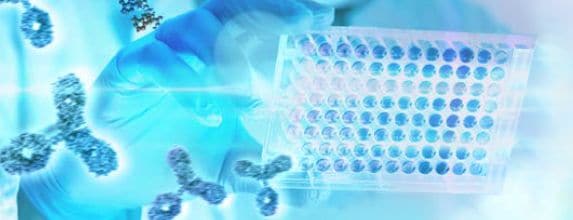Search
NFkB p65 ELISA Kits
Invitrogen ELISA kits exist in two formats: Uncoated and Coated.... ELISA kits are commonly used to measure soluble biomarkers across a variety of research areas. ELISA kits for Human NFkB p65 can be quantified in cell lysate samples.
Invitrogen ELISA kits exist in two formats: Uncoated and Coated. Uncoated ELISA kits... ELISA kits are commonly used to measure soluble biomarkers across a variety of research areas. ELISA kits for Human NFkB p65 can be quantified in cell lysate samples.
Invitrogen ELISA kits exist in two formats: Uncoated and Coated. Uncoated ELISA kits include all the necessary reagents to coat your own plates and run your assay with maximum flexibility. Coated ELISA kits are ready-to-use and quality tested for sensitivity, specificity, precision and lot-to-lot consistency....
11 篇参考文献
96 Tests
96 Tests
4 篇参考文献
96 Tests



